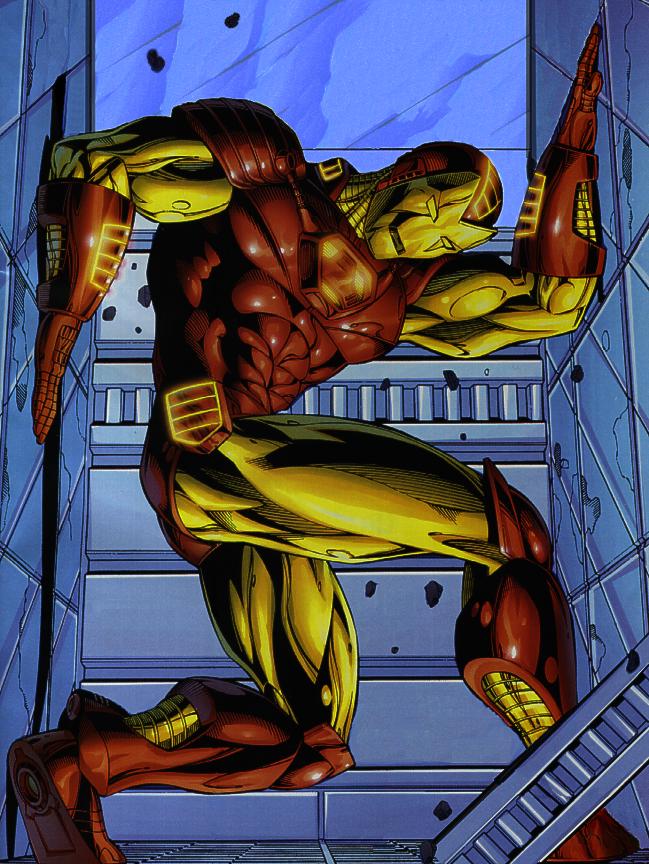Sore Legs
 I've run into a bad case of sore legs (too much spinning too soon) so I thought it would be a good time to do a little research on this phenomenon. I gave my legs the weekend off from training and I hope that this will reinvigorate them for tonight's ride.
I've run into a bad case of sore legs (too much spinning too soon) so I thought it would be a good time to do a little research on this phenomenon. I gave my legs the weekend off from training and I hope that this will reinvigorate them for tonight's ride.This article first appeared in TDM Magazine, Issue 1, August 1998.
Sore Legs and What to do About Them
By Annemarie Jutel
Sore legs are common fare for runners, duathletes and triathletes alike, but just how sore is OK, and when you should back off, or seek medical assistance? There are a number of issues to take into consideration, and any smart athlete should know to ask a few sensible questions:
Do I know what made this come on?
Sometimes, it is easy to find the answer just by looking at your training log. You may have gone for an exceptionally long run, or done your first speed session of the season. You may have changed running surfaces, or running shoes. In most cases, your soreness will relate back to something like this - a new feature of training which your body didn't quite adapt to.
Training is all about coaxing your body into progressive adaptation: you run fast "pieces" to teach your body to run faster on a sustained period of time, you go for long runs or rides to enhance your ability to "hold on" in an ironman, you do hill work to strengthen your hill-climbing ability. It all makes sense. Your body adapts progressively, and that adaptation helps you to develop a new skill, or perfect an old one.
If your legs are sore, you may not have given your legs enough time to adapt. Back off. You ran too long? Take short runs until your legs feel comfortable again. You ran on ground that was too unstable? Come back to a firmer surface, and next time you run on sand, cut the time in half. If it is the new shoes, alternate with your old ones to start with, until you have adjusted to the new. If you find that despite the easing off, your legs remain sore, then seek professional advice
What kind of sore is it?
You should be able to distinguish tired muscles from injured ones, but it is not always that easy. Usually tired legs will be bilateral (both sides), whereas an injury is commonly on one side alone. A little niggle is OK when you just start training, but if it doesn't go away once you are warm, and worse, persists outside of training, it is starting to look a bit more serious. You need to get some help. Any kind of intense pain, even if it is just post-race, or post-exertion muscle soreness, must be heeded, and all activities which aggravate it should be suspended. If you can barely walk, there is no sense in running. Hit the pool instead!
Does it effect your gait?
Once again, it may only be post-race or post-exertion soreness, but if it effects your gait, you are heading down a dangerous path. As you limp, you call different muscles into play. You may be swinging your leg "around", instead of "through," changing the entire dynamics of movement. This can help you to "put out" your back, strain your hip, or hurt your other leg. If you are limping, go for a swim, or get on the bike, if you can handle it! If the limp persists, make sure to have it checked out.
How bad's the burn?
There is a kind of sore that has nothing to do with injury but one that you must learn to pay attention too. It is the sore that comes from being over-trained. You might go to run a speed session, and do the first rep just fine, but by the time you get to the second, your thighs are on fire, and you can't keep up the pace. You'd find the same thing on the bike. You get to the bottom of a hill, and as soon as you take the first down stroke on the pedal, you ignite. Your legs just won't respond. They burn going up stairs, for heaven's sake! Well, burn may sometimes be a desirable thing, but in this case, it is flaming message: Back off! Here again, your legs are failing to adapt, even though you may not feel you have been training terribly hard.
Your heart and lungs seem to be fine (although you may be having troubles hitting your max heart rate), but your legs just can't hold out. They are telling you to take it easy. Have a few days off, and several easy weeks (I kid you not!). Ease back into serious training, and you should see some improvement.
Who should you see?
I've got the best possible medical team possible down here. My physio is a NZ rep duathlete, my doctor is a master swimmer, my osteopath treats half the Otago Rugby team, as does my orthopaedist. I know that these folks understand the biomechanics and the psychology of competitive sport training. Hopefully there is someone in your community with similar commitment to sport. If there isn't, it is worth taking a trip to the nearest good-sized town. Talk to the people you train with, and seek advice from them: have they been injured before? Who helped them out?
With good medical care, good training, and a bit of luck, your sore legs shouldn't let you down.


0 Comments:
Post a Comment
<< Home